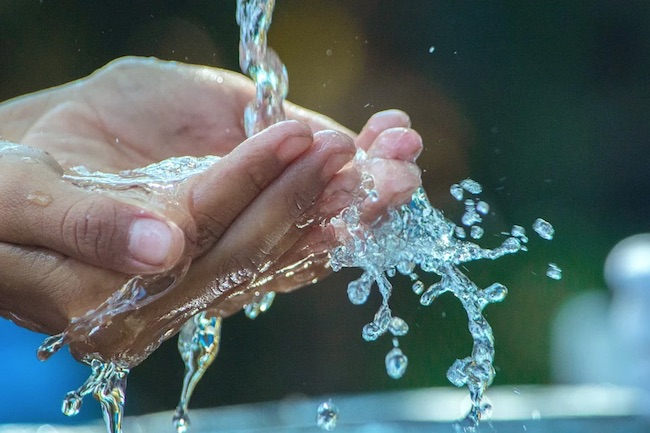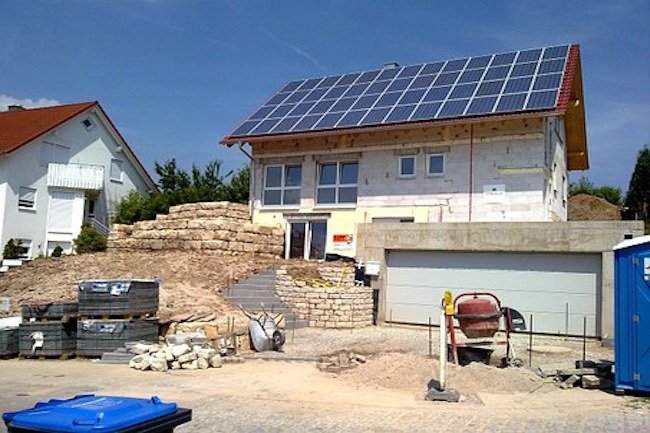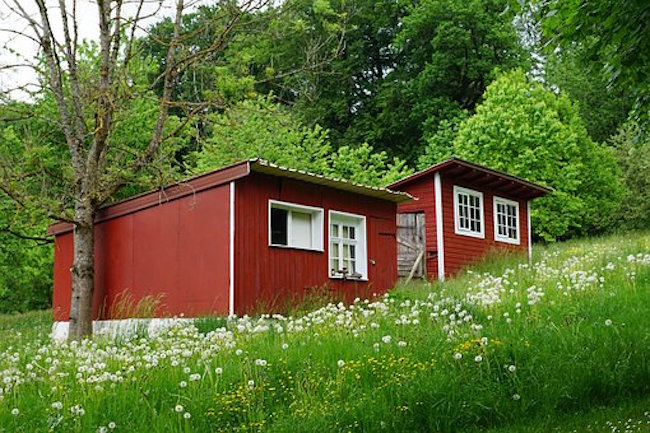Do You Have A Disaster Water Plan? by for Modern Survival Blog
The thing about water that most of us already know, but many ignore… You can’t live long without it! In fact, water will rapidly become a #1 concern following SHTF disaster.
Water Is SHTF Concern #1
Many or most people overlook the importance of water. Why? By making the assumption that water will always flow from the faucet. It is taken for granted. Plus, depending on where you live, water may appear readily accessible from lakes and streams which may be around.
There are several issues to consider though:
No Electricity
A major SHTF disaster will likely coincide with a loss of electricity. Not everyone associates the fact that most all flowing tap-water is dependent upon electricity (pumps). For nearly every home, you cannot have one without the other (water & electricity).
Pumps are required to move the water around the utility system’s infrastructure. These pumps supply the pressure necessary to ultimately ‘push’ it out of your faucet. There are some locations and systems that are gravity fed, but in most of these cases a pump is still required to move the water up into a big holding tank. When the power goes out, the system pressure will begin to reduce until there is no more – which could happen fairly quickly as people continue to consume the water in their homes.
Caveat: Municipal systems have backup generators for their pumps. Obviously the issue there is resupply of fuel AND generator functionality. Also, obviously, if you’re on a well – a generator will keep it going – until you run out of fuel…
Logistics Of Getting Water From Other Sources
People also tend to put the water issue out of their minds because they believe that if their faucets run dry, they could simply collect water from a nearby source – perhaps one that they pass every day in their travels like a pond, lake or stream.
There are several problems with this. One is that water is HEAVY, and weighs about 8 pounds per gallon! Another problem is transportation and the containment vessels to be used to collect and transport the water from the source to the home. How will the water be collected and moved?




